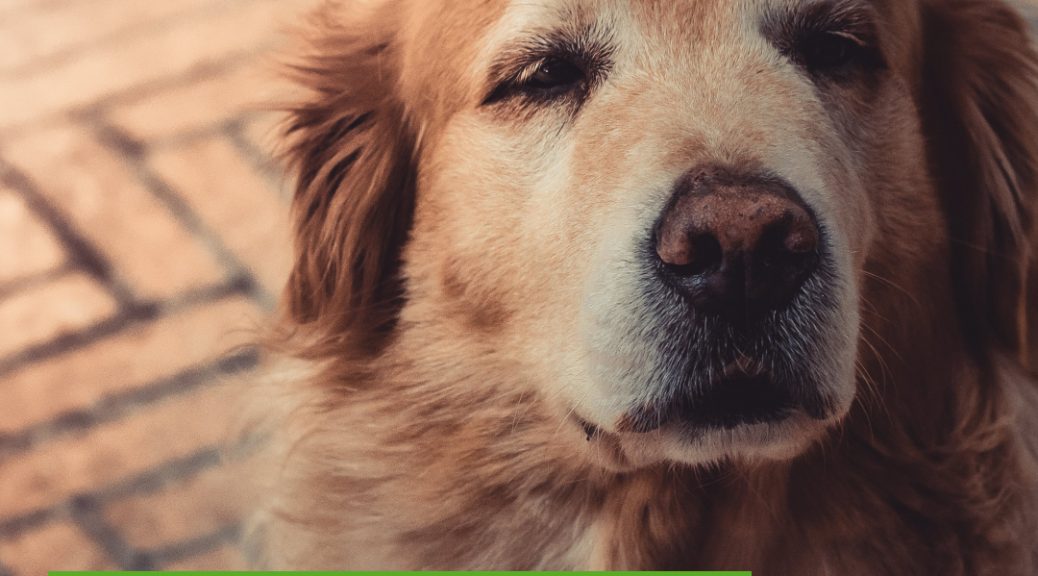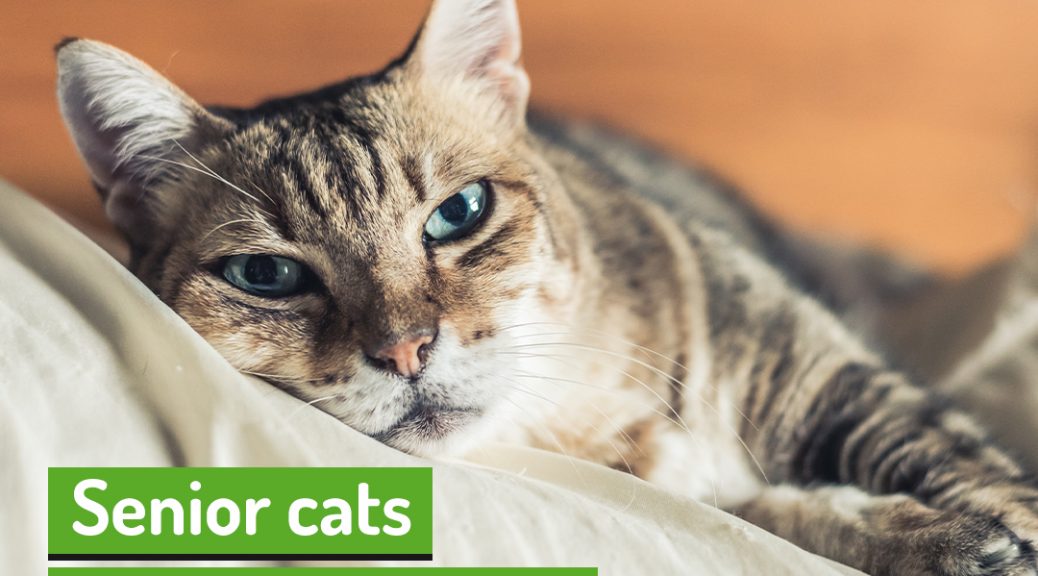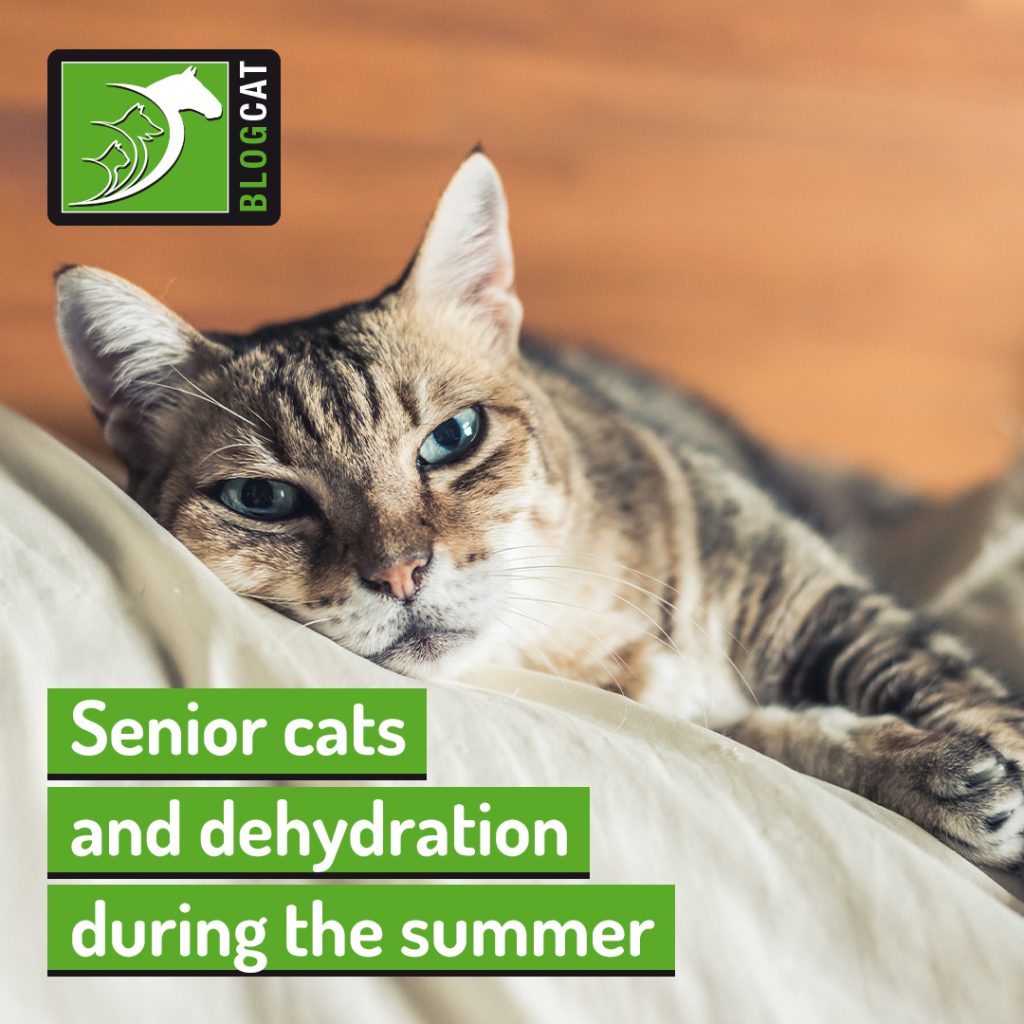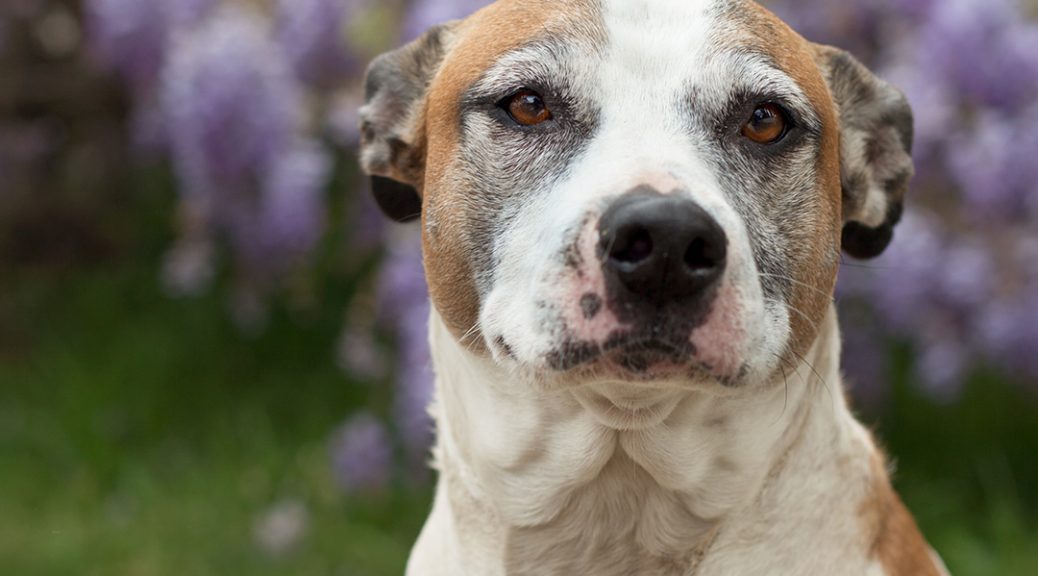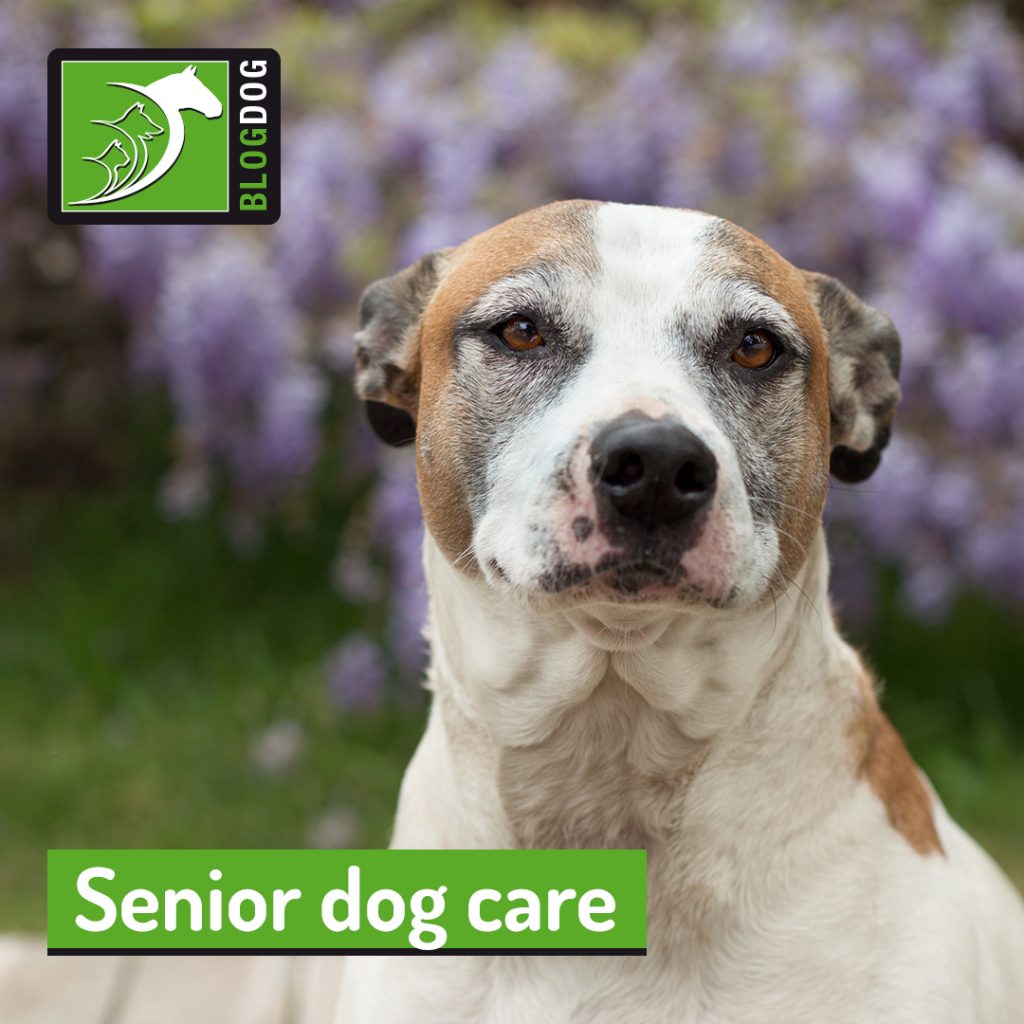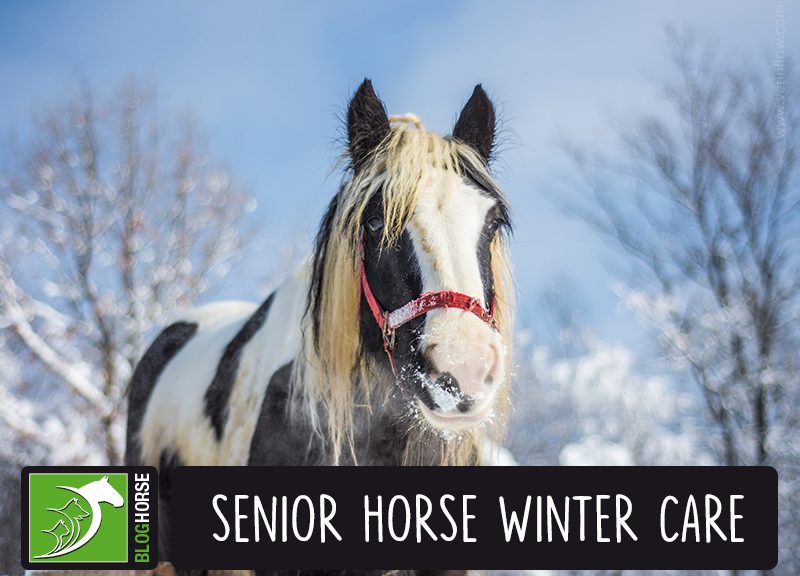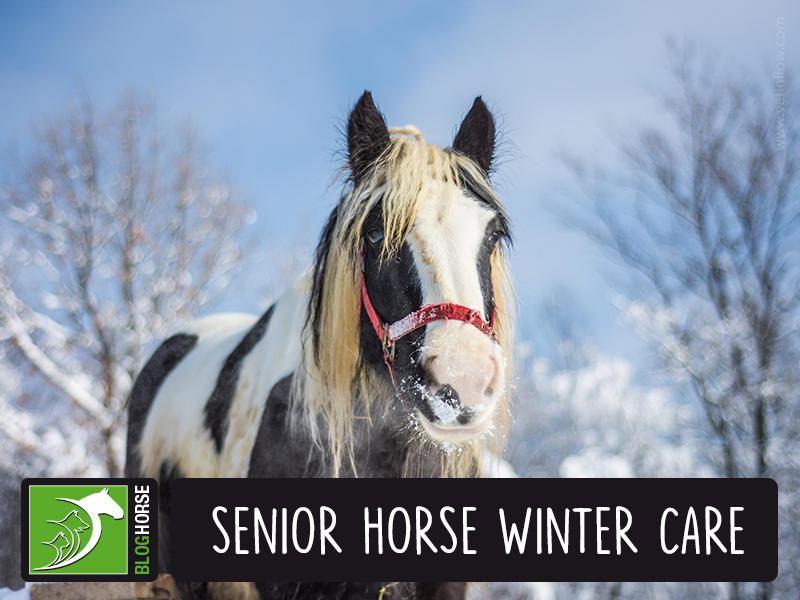Osteoarthritis is a common problem for dogs, particularly elderly pets. This disease happens due to progressive inflammatory destruction of the cartilage in the joints, leading to worsening mobility and pain.
Unfortunately, this condition does not have a cure in most cases, but there are many ways to slow down the progression of cartilage destruction and manage pain successfully.
If you’ve noticed that your furry friend has been slowing down on walks and is more reluctant to move around, this blog post is for you! Keep reading to know all about osteoarthritis and how to help your pet enjoy its twilight years without pain.
What is osteoarthritis?
Osteoarthritis is also called degenerative joint disease (DJD), and, as we’ve mentioned, it is caused by persistent joint inflammation resulting from damaged cartilage, a protective tissue that is vital for proper joint movement.
As this is progressively destroyed, the bones lose their capacity to move correctly. This situation also causes significant and increasing pain, and you may start to notice your pet being more reluctant to get up from their bed, walk or play. This discomfort can also show up as increased aggressiveness, less patience and house-soiling.
Any dog can suffer from osteoarthritis at any point in his or her life, but some animals are more predisposed to DJD. The most important risk factors include:
- Age as older dogs are more likely to have cartilage damage;
- Larger breeds;
- Injuries or repeated activities (such as sports) as these create a lot of repeated stress on the joints;
- Overweight;
- Joints with bad conformation (for instance, hip dysplasia).
While no definitive cure exists for this disease, your furry friend can still enjoy a long time of comfort and activity with the proper treatments. These aim to slow down the progression and manage pain, allowing him or her to have many more great days to share with you.
Can I help my dog feel better?
One of the most essential things any owner can do is keep an eye out for progressing signs of osteoarthritis, especially during this time of the year when cold and damp days can worsen joint function.
While every pet is different, medical management is vital in these cases, as pain and mobility loss will continue progressing. Often, these medications will have to be adjusted as time passes and other symptoms appear.
Your vet will also likely suggest physical therapy to help reduce discomfort and improve limb strength. This might include hydrotherapy, acupuncture, laser therapy or other complementary treatment modalities that help medication and lifestyle changes be more effective.
Modifying routines, for instance, with shorter walks, and changing how your dog can get around your home, for example, with more comfortable bedding and mobility aids, can also be extremely helpful.
If you spot any concerning changes, don’t hesitate to contact your vet! They will carry out a thorough investigation and suggest the best treatments to address any difficulties your pet is having.
Don’t forget:
- Osteoarthritis most often cannot be cured, but it can usually be successfully managed;
- If you spot any changes in behaviour such as less patience, reluctance to move or get up, increased vocalisations and house soiling, they might be due to pain or significant discomfort;
- Medication and treatments like hydrotherapy or laser therapy can help manage symptoms when they come up;
- In case you see any worrying concerns, speak to your vet, and they will be able to help you decide on the best course of action.
Would you like to know more about dogs? Check our Canine Courses:
![]()
Canine courses
